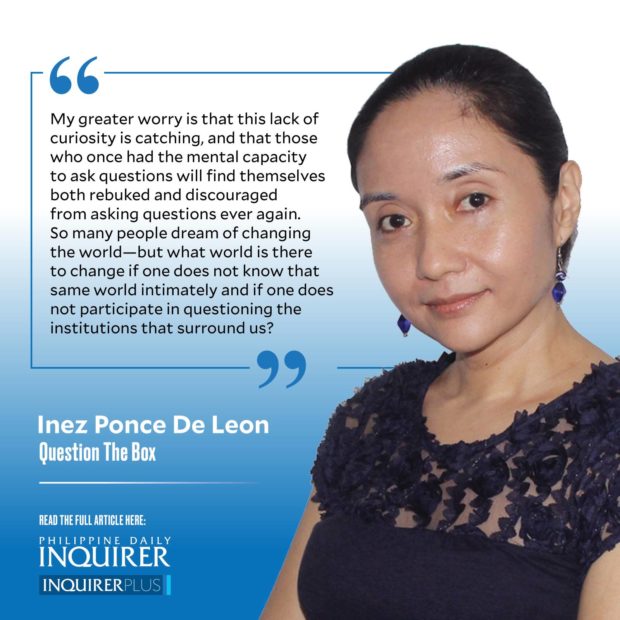Thesis woes, 2022
Last May, I wrote about my Science and Risk Communication class (COMM 24) and how my students nearly gave up in despair after the election results. I did my best to keep their spirits up: Be better than your government, I told them.
My students, juniors then, responded with remarkable end-of-semester presentations that showed them to be thinkers, cognizant of the messiness of the world, brave enough to take on communication as a scholarly field before putting it into practice.
Those same students are now seniors, and some of them are my thesis advisees.
A communication thesis, at least in our department, can take two forms. The students can do research on a communication phenomenon by asking a question about an issue and then using social sciences research methods to answer that question. Or they can create a communication project that addresses a specific social problem, but they must first do research to justify the content and form of that project, execute their plans, and then systematically evaluate their project.
I have both kinds of groups in my class, and we are also facing the biggest nightmare that thesis students can ever encounter when they are racing against an unforgiving clock: no respondents.
Kirsten Tinoco and Cholo Hermoso are working on a short, meaty survey that will investigate media habits of Quezon City youth. I’m excited to work with them on the hierarchical regression that could reveal how young voters trap themselves in online echo chambers. They need 400 respondents. Despite all their online posts these last few weeks, they have gathered only 17.
Aiden Bravo, Aiza Delgado, and Phyllis Ong were my COMM 24 superstars. They are taking on the challenge of studying how the LRT systems can be made safer for women. I’m excited about their work because they are applying the concepts that we took on last semester: They will talk to female college students who use the trains, make them identify the dangers in their commute, and give them a voice in crafting a campaign.
So far, they have only six of the required 18 respondents—despite all their efforts at posting online, and their nearly-everyday travels to major LRT stops with a tarp inviting people to join their study. They’re @ThesisSeniors on Twitter, if you know anyone who is interested in participating.
Nina San Andres is a young student leader who wants to look at how two female politicians were constructed by their campaign teams during the last election, plus how their voters actually understood them. I am excited about this study because it can reveal deep truths about ourselves as voters in a young democracy, especially since she will use the lens of gender. I also feel her desperation: Despite all her best efforts at contacting one of the campaign teams, she has been completely, utterly ignored.
My experience as an adviser tells me that there are many possible explanations for the lack of respondents. Maybe it’s that time of the semester when college students are too deep in their exams and don’t have the mental space to be candid, let alone respond. Maybe social media is too awash in posts about Elon Musk, Ukraine, and the World Cup, so that people are either migrating away from it to enjoy the real world, or are ignoring anything that looks serious and academic because they just want to enjoy a brainless video.
But the questions still bother me. Do young voters care nothing for the vote that they cast? Do women not care about their safety in the train system? Does a campaign team really wish to be a vault of secrecy? Have we become a society that tells its students to do well in school, only to turn away when those same students perform the most challenging task of asking the right questions?
These thesis woes are worsening my worry that the next generation is unappreciative of efforts to question the world and explore it. My greater worry is that this lack of curiosity is catching, and that those who once had the mental capacity to ask questions will find themselves both rebuked and discouraged from asking questions ever again.
So many people dream of changing the world—but what world is there to change if one does not know that same world intimately and if one does not participate in questioning the institutions that surround us?
iponcedeleon@ateneo.edu





















